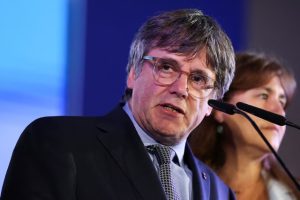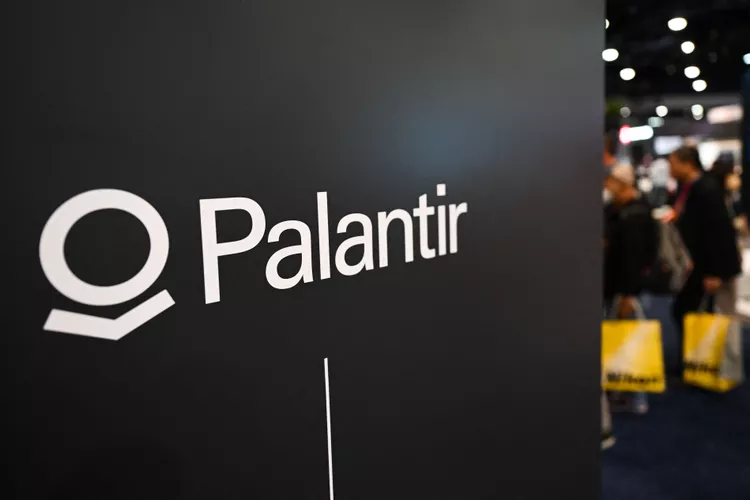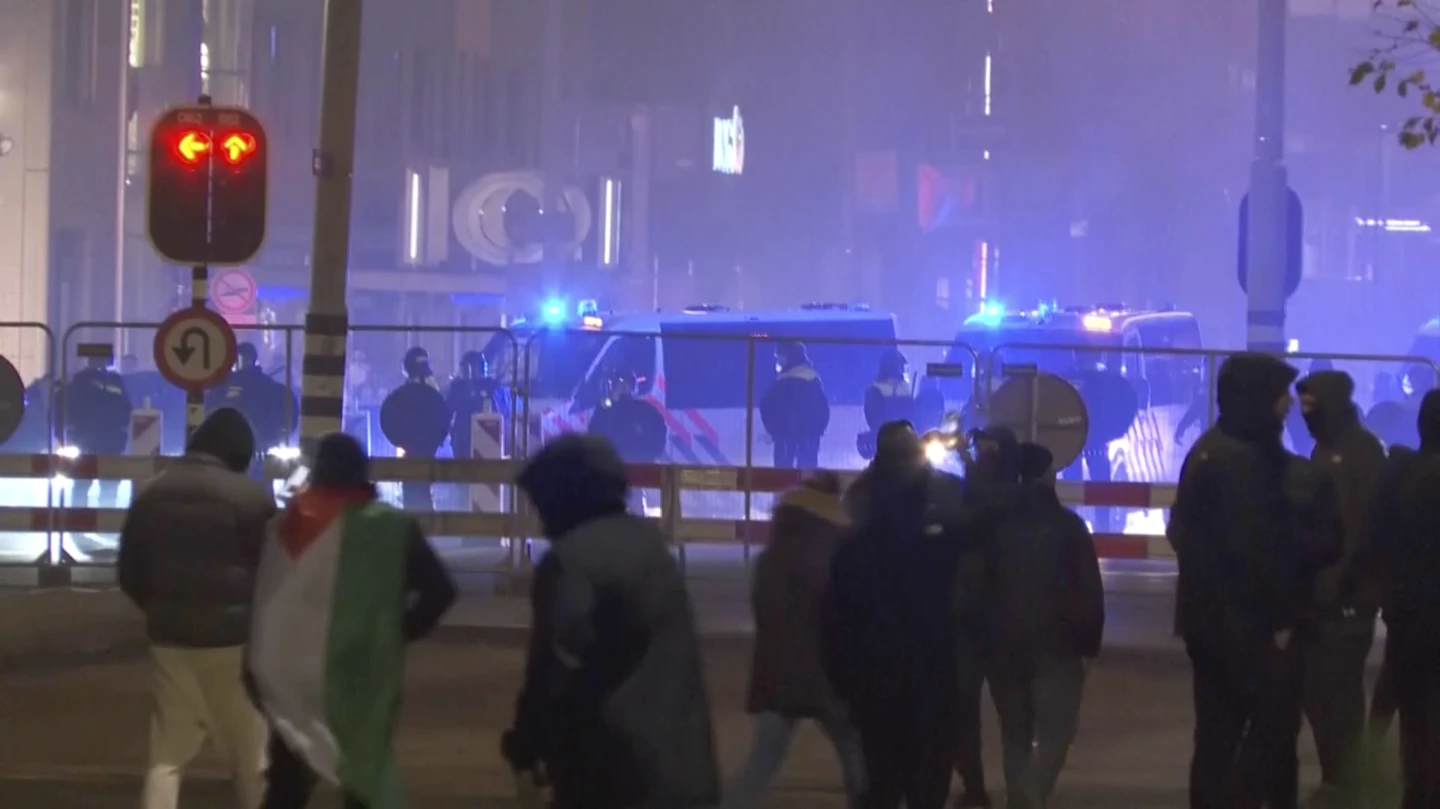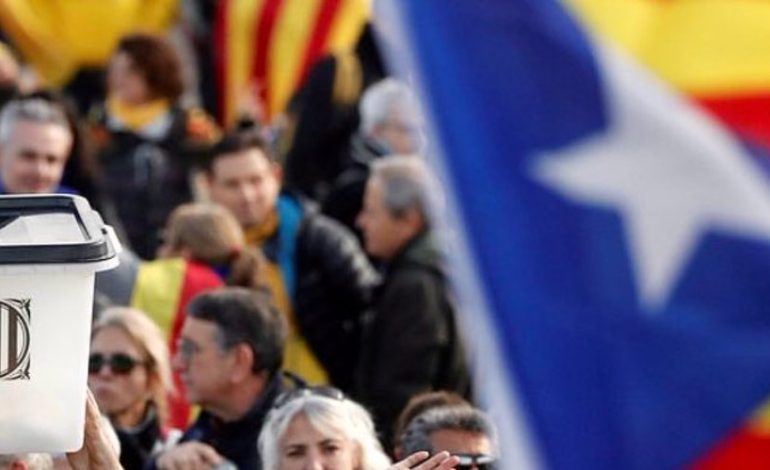Former Catalan President Carles Puigdemont, who is currently in exile, will come back to Spain this week, defying an arrest warrant issued by Spanish judges. His comeback will be marking a significant development in the ongoing political saga surrounding the region’s independence movement as the politician plans to stake his claim for a return to office.
“The parliament of Catalonia has summoned all the deputies to the investiture debate of the next president of the regional government. I have to be there and I want to be there. That is why I have embarked on the return journey from exile,” Puigdemont said in a post on X on Wednesday, as cited by Bloomberg.
While Spanish Prime Minister Pedro Sanchez granted amnesty to Puigdemont and hundreds of others facing charges related to the 2017 independence referendum, a court ruled that the amnesty did not apply to the embezzlement charges against Puigdemont.

Puigdemont’s return to frontline politics after nearly seven years of self-imposed exile in Belgium and France raises the stakes for Sanchez. The Spanish premier has managed to govern for most of that period thanks to a series of complex and increasingly controversial backroom deals.
Sanchez’s current government relies on the support of eight parties in the Spanish parliament, including Puigdemont’s Junts, and the Catalan’s potential appearance in Barcelona would be a signal that that support may now be in jeopardy.
At the same time as Puigdemont’s X post, Junts announced an “institutional reception” for Puigdemont on Thursday at 9 a.m. in the Catalan capital, an hour before the investiture is set to begin.
Puigdemont, who fled Spain in 2017 to avoid arrest after organizing an illegal referendum on Catalan independence, is returning to Spain in a dramatic move to reclaim his political position.
His return comes after Prime Minister Pedro Sanchez secured an agreement with the ERC, another Catalan independence party, to install the Socialist candidate Salvador Illa as the next president of Catalonia.
Despite Puigdemont’s enduring popularity among separatists, the Catalan election in May saw the nationalist bloc fail to achieve a majority in the regional parliament for the first time in four decades. Puigdemont’s party received 22% of the vote, compared to Illa’s 28%.
Sanchez has made further concessions to the Catalans to secure ERC support in the regional assembly, adding to the complex political landscape surrounding Catalan independence.
In a preliminary agreement endorsed by ERC members last week, the Catalan government will gain control over all taxes paid in the region and establish a department dedicated to the Catalan language. In exchange, Madrid will recognize Catalan sports teams.









